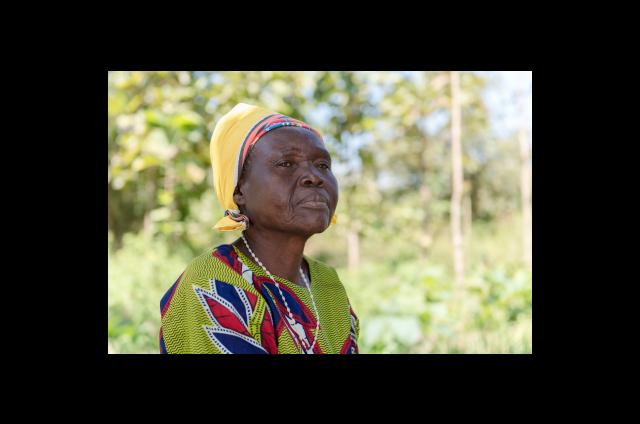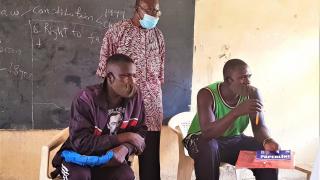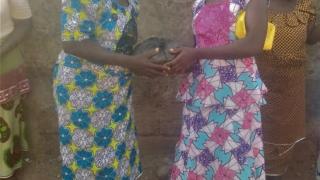Women Pave the Path to Peace in South Sudan
As South Sudan marks Peace Agreement Day this year, it stands on the brink of another deadly crisis – but women hold the key to a brighter future.
Conflict broke out again in 2013, and since then violence has killed nearly 400,000 people and forced more than 4 million from their homes. Armed groups routinely target civilians, burning villages and using rape as a weapon of war. Studies indicate that 65 per cent of women and girls in South Sudan have experienced physical and/or sexual violence in their lifetime.
As South Sudan marks Peace Agreement Day in 2021, it stands on the brink of another deadly crisis. Ongoing conflict, combined with severe flooding and the impacts of the COVID-19 pandemic, have created unprecedented levels of food insecurity. Last month, the UN warned that 6.5 million people in South Sudan were facing extreme hunger and the number could increase by almost a million by July.
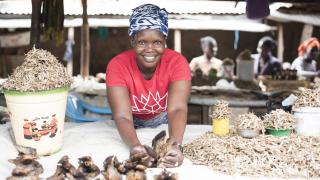
Alice can now support herself and her family, pay her children’s school fees, and save some money for the future - as well as provide food for her community.
The transformative impact of women’s power
Yet, although women are bearing the brunt of conflict, instability, and food insecurity in South Sudan, they are also at the vanguard of peace and development. Investing in women’s power means helping them to access knowledge and resources to sustain their families and communities. It means sustainable livelihoods, stronger local economies, more food on the table, and more children in school. Women can create a ripple effect that sets future generations on a more resilient path.
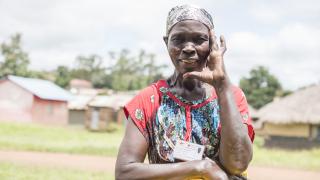
Sarah returned to South Sudan in 2019 after living as a refugee in Uganda. She is looking forward to passing on the skills she learned to her children.
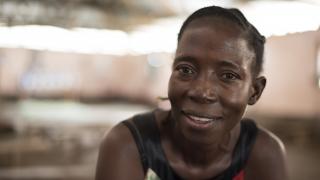
Pascalina is looking forward to starting her own business and earning money to give her two daughters and four sons better food, health, and an education.
Continue reading
Men in northern Nigeria demonstrate the important role of male allies for women’s empowerment
subtitle:
On International Men’s Day, the Magama community offers an inspiring example of what can be achieved when male allies support women’s rights and gender justice
On World Kindness Day, a group of women in our programme in Nigeria show us how compassion can make the world a healthier, happier place.
We are thrilled to announce Clarissa Ward, CNN’s chief international correspondent, as our newest Ambassador. Here she shares her advice for staying connecting and using your voice to create change.

